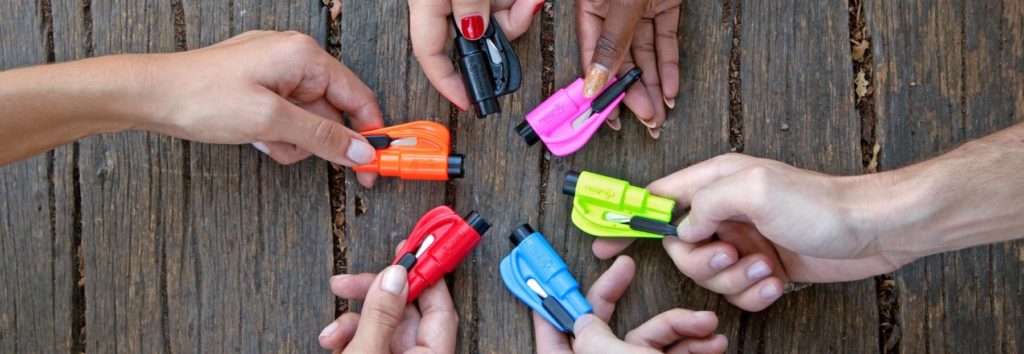Writting by “Social Monsters”
When you’re a new driver, hitting the road is exciting. But whether it’s a short drive around town or a cross-country road trip, you should always be prepared. The most important things a driver can take on the road are proper skills and safety, but there are also a few other necessities that no new driver should be without.
1. Backup Cell Phone; Charger
You probably take your cell phone everywhere, but if your battery dies or your phone breaks during an emergency you will need a way to contact help. Many drivers use their phone’s GPS for driving directions or listen to fresh tunes on Pandora or Spotify. Both of these activities can quickly suck up battery life. A car charger can help you stay connected on a long drive. When all else fails, however, MSN Autos recommends keeping an old cell phone in your car at all times. Did you know that even a can be used to call 911? Make sure to keep the phone fully charged and in an accessible place.
2. Tire Repair Essentials
According to WyoTech Automotive School, tire repairs and replacements are one of the most common breakdown problems drivers encounter. Always carry a tire gauge in your car and check your tire pressure often before leaving the house. Refer to your vehicle owner manual to know exactly where your tire pressure should be. You should also carry a spare tire and a jack so if you do have a flat or a blowout you can quickly change your tire to get to the nearest auto repair shop. A tire repair kit can also quickly patch a punctured tire. Just remember these are short-term fixes and you should never drive for a long distance on a patched or a spare tire.
3. Emergency Kit And Personal Necessities
Always keep in your car for minor injuries or ailments. According to the Red Cross, this should include bandaids and bandages, alcohol wipes, ointment, gauze, a breathing barrier, scissors, cloth tape, aspirin, cold compress, thermometer, scissors and a first aid manual.
You should also include other emergency essentials like a change of clothes, an emergency blanket, duct tape, a multitool and a flashlight in case you breakdown in the dark. Check your kit regularly to make sure nothing is outdated and your flashlight batteries are still good.
Think about your personal needs when building an emergency kit. Motion sickness medication and extra water in BPA-free bottles are good additions to your kit.The Red Cross suggests checking with your doctor for specific medications. If you need corrective eyewear to drive, keep a spare pair of contacts or glasses in your car at all times. Online retailers like are often a less expensive place to buy extra.
4. Jumper Cables
You’d be surprised at how many people forget this essential. According to AskMen.com, people who winterize their car or live in hotter climates need a jump as often as people in cold climates and might forget to bring cables too late. The important thing is to check your owner manual to make sure you have the right kind of cables for your car. You might need something different from the standard four-clamp cables.
5. Map
Most drivers rely on GPS to get them where they need to go. But if you lose power or service you could end up lost and out of luck. Always carry a standard paper map or atlas in your car and update your copy every few years.

